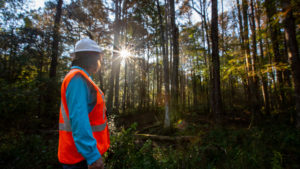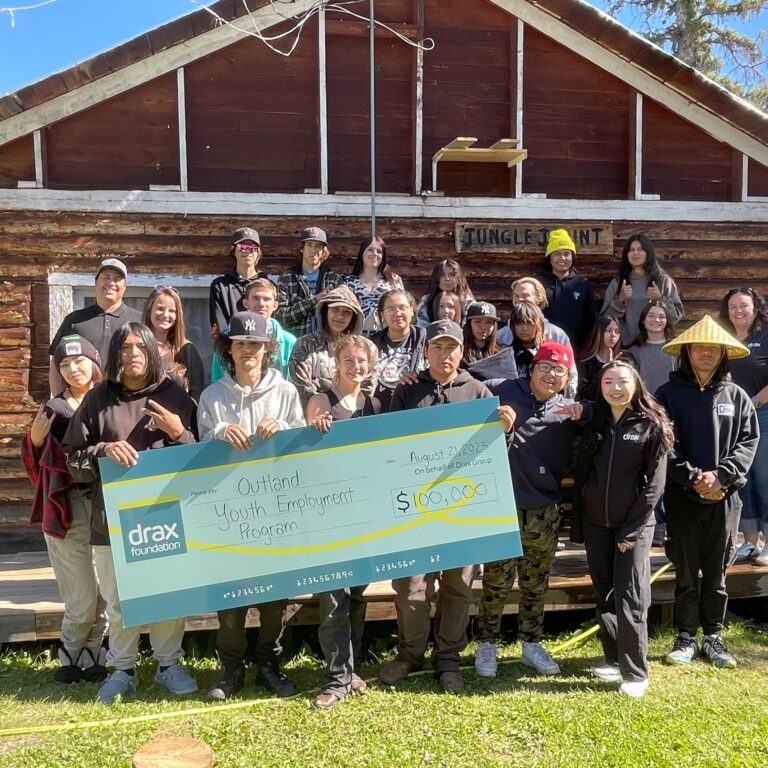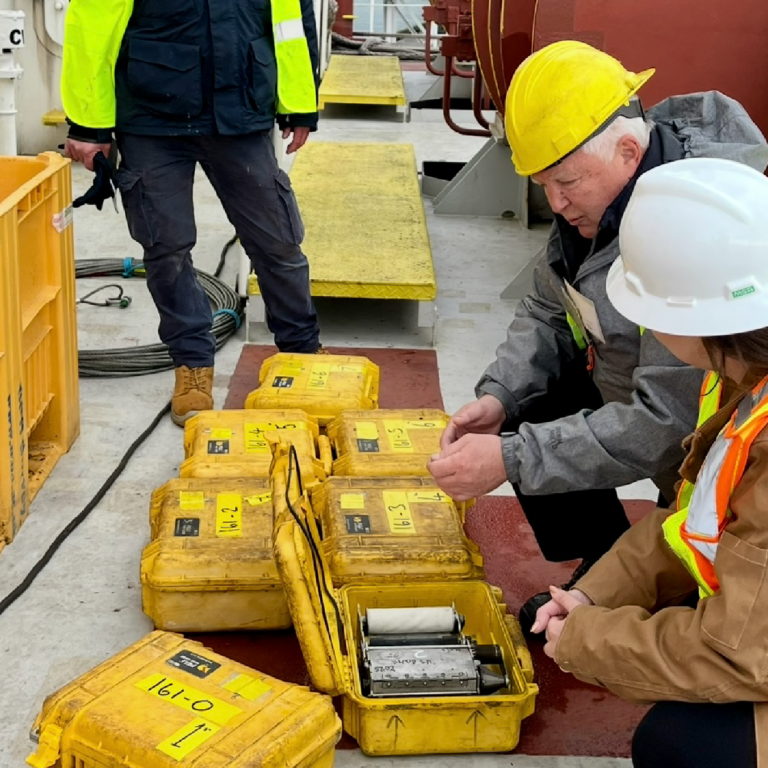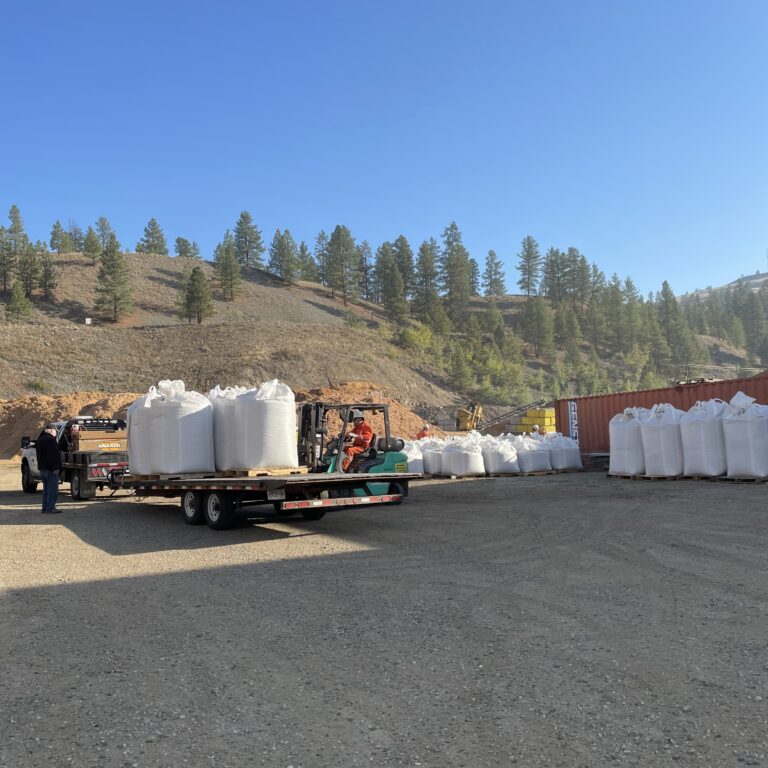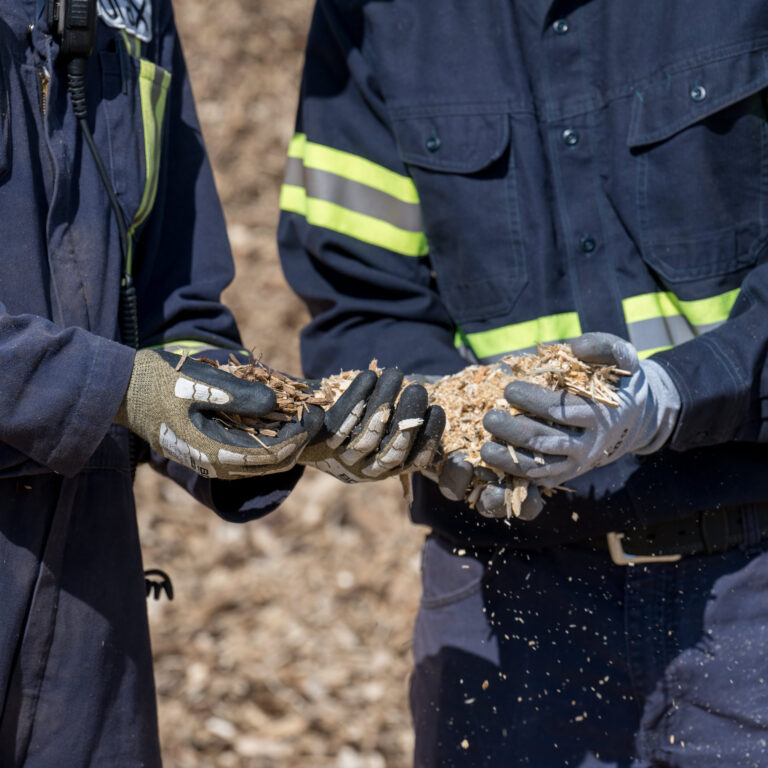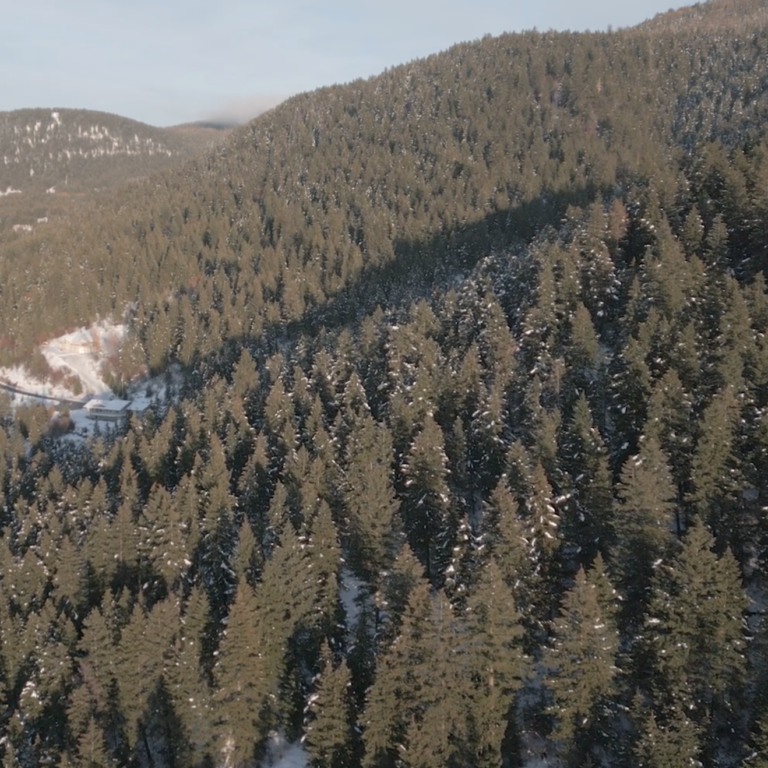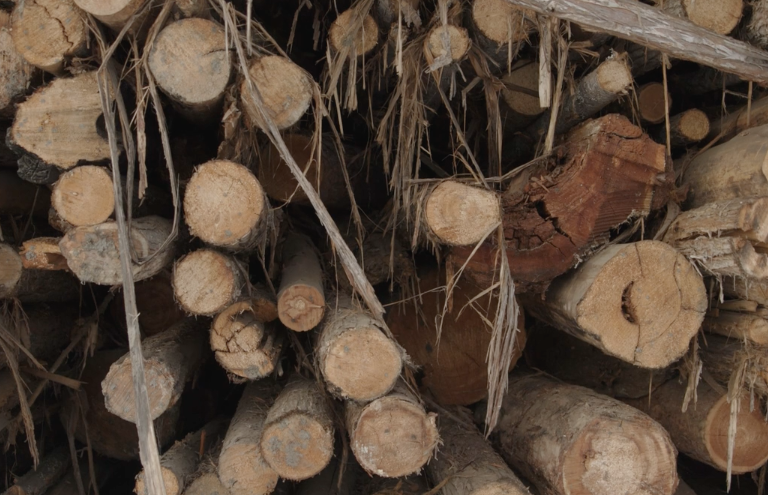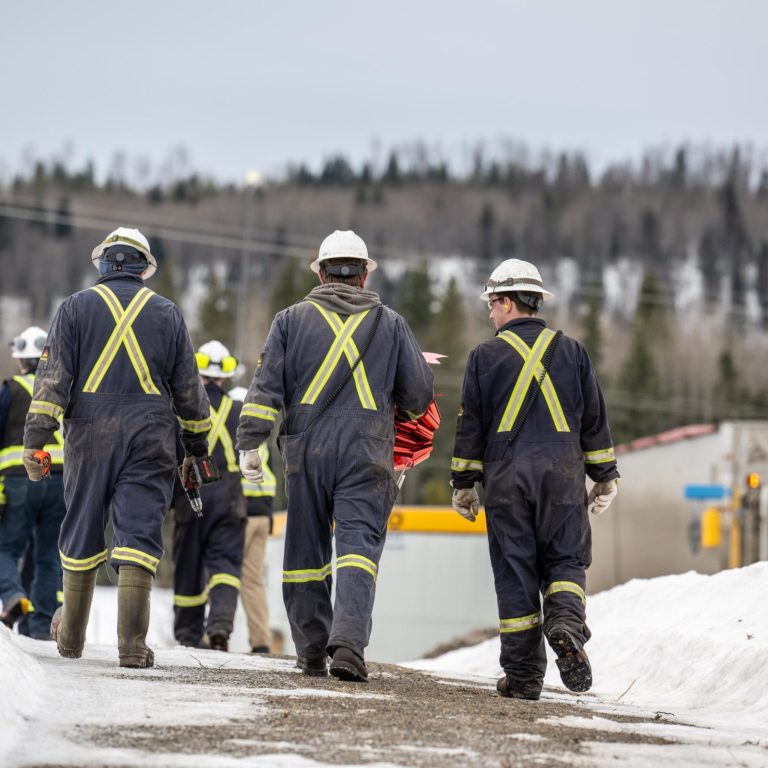Drax, the world’s leading producer and user of sustainable biomass, has announced the hiring of Raphael Duquette and Patricia Lamie to help lead growth opportunities and develop relationships with potential joint-venture and business partners in the Quebec region.
The new hires align to Drax’s continued growth strategy for developing a pipeline of projects that support their continued expansion plans and will allow for increasing the safe production of wood pellets in eastern Canada and the northeastern region of the United States.
Duquette most recently served as manager leading the development of the renewable and low-carbon gas market for Énergir, the main gas utility in Quebec. Duquette is a chemical engineer degree with an MBA degree and brings over 15 years of experience working in project management and business development roles for renewable energy companies and engineering consultancies. Experienced negotiator, he has been actively involved in expanding the renewable energy sector in Canada by effectively closing energy supply agreement and playing a pivotal role in regulation modernization. Duquette’s experience includes managing a portfolio of greenfield projects for bioenergy and waste management ranging from $15 million to $200 million.
“Raphael’s impressive background will not only help us in for sourcing and developing opportunities for growth projects ties, but also liaising with municipal, provincial and federal governmental bodies,” said Andrea Johnston, Senior Vice President of Capital Development for Drax.
Both Duquette and Lamie will focus on developing opportunities for growth projects, developing relationships with potential joint-venture and business partners and provide support during the negotiation and completion of contracts for business development activities.
“The plans Drax has to expand its wood pellet business while advancing low carbon projects is very exciting and shows their commitment to being a leader in the forestry industry,” said Duquette. “To play a part in generating new jobs and career opportunities for local Quebec residents makes this position even more rewarding.”
Lamie, who previously served in project manager roles for Norda Stelo and KSH Solutions, brings more than 25 years of experience in operational and capital project execution experience globally within the forest products, energy, biorefinery and chemical industries. She also has substantial manufacturing and process background gained from technical and operational leadership roles in Kraft, BCTMP and Coated Paperboard mills in eastern Canada. Lamie is currently board member of Bioindustrial Innovation Canada and participates on the Investment Management Committee and Governance Committee.
“Patricia’s experience and success in both greenfield and brownfield project development will add great depth and expand the capabilities of our team,” said Johnston.
As a strong advocate for the sustainability of the bioeconomy, Lamie will continue her support of the forest sector transitioning towards a more sustainable future.
“Drax’s strategy and their commitment to expansion really impressed me and clearly points to how exciting the prospects ahead are for the region,” said Lamie.
In western Canada, Drax operates nine plants in British Columbia and Alberta and that have an annual production capacity of over 2.2 million tons of pellets. The plants are in highly concentrated forest products regions near large networks of fibre suppliers.
Contact Information:
Caroline Bleay
Communications Manager – Canada
780-502-1571
[email protected]
About Drax
Drax Group’s purpose is to enable a zero carbon, lower cost energy future and in 2019 announced a world-leading ambition to be carbon negative by 2030, using bioenergy with carbon capture and storage (BECCS) technology.
Drax’s around 3,000 employees operate across three principal areas of activity – electricity generation, electricity sales to business customers and compressed wood pellet production and supply to third parties. For more information visit https://www.drax.com/us
Power generation:
Drax owns and operates a portfolio of renewable electricity generation assets in England and Scotland. The assets include the UK’s largest power station, based at Selby, North Yorkshire, which supplies five percent of the country’s electricity needs.
Having converted Drax Power Station to use sustainable biomass instead of coal, it has become the UK’s biggest renewable power generator and the largest decarbonization project in Europe. It is also where Drax is piloting the groundbreaking negative emissions technology BECCS within its CCUS (Carbon Capture Utilization and Storage) Incubation Area.
Its pumped storage, hydro, and energy from waste assets in Scotland include Cruachan Power Station – a flexible pumped storage facility within the hollowed-out mountain Ben Cruachan.
The Group also aims to build on its BECCS innovation at Drax Power Station with a target to deliver four million tons of negative CO2 emissions each year from new-build BECCS outside of the UK by 2030 and is currently developing models for North American and European markets.
Pellet production and supply:
The Group has 19 operational pellet plants and developments with nameplate production capacity of around five million tons a year.
Drax is targeting eight million tons of production capacity by 2030, which will require the development of over three million tons of new biomass pellet production capacity. The pellets are produced using materials sourced from sustainably managed working forests and are supplied to third party customers in Europe and Asia for the generation of renewable power.
Drax’s pellet plants supply biomass used at its own power station in North Yorkshire, England to generate flexible, renewable power for the UK’s homes and businesses, and also to customers in Europe and Asia.
About The Federation of Southern Cooperatives/Land Assistance Fund
The Federation of Southern Cooperatives/Land Assistance Fund is a 56-year-old regional cooperative and rural economic development organization serving a membership of Black farmers, landowners, cooperatives, and other low-income rural people in the South with coop development, land retention, and advocacy.
The Federation was born out of the Civil Rights movement and exists to save Black-owned farms and land.
We strive toward the development of self-supporting communities with programs that increase income and enhance other opportunities; and we strive to assist in land retention and development, especially for African Americans, but essentially for all family farmers.
Our charter is held in Washington, DC, and we assist members in the following states: Alabama, Arkansas, Florida, Georgia, Kentucky, Louisiana, Maryland, Mississippi, Missouri, North Carolina, Oklahoma, South Carolina, Tennessee, Texas, Virginia, and West Virginia.

